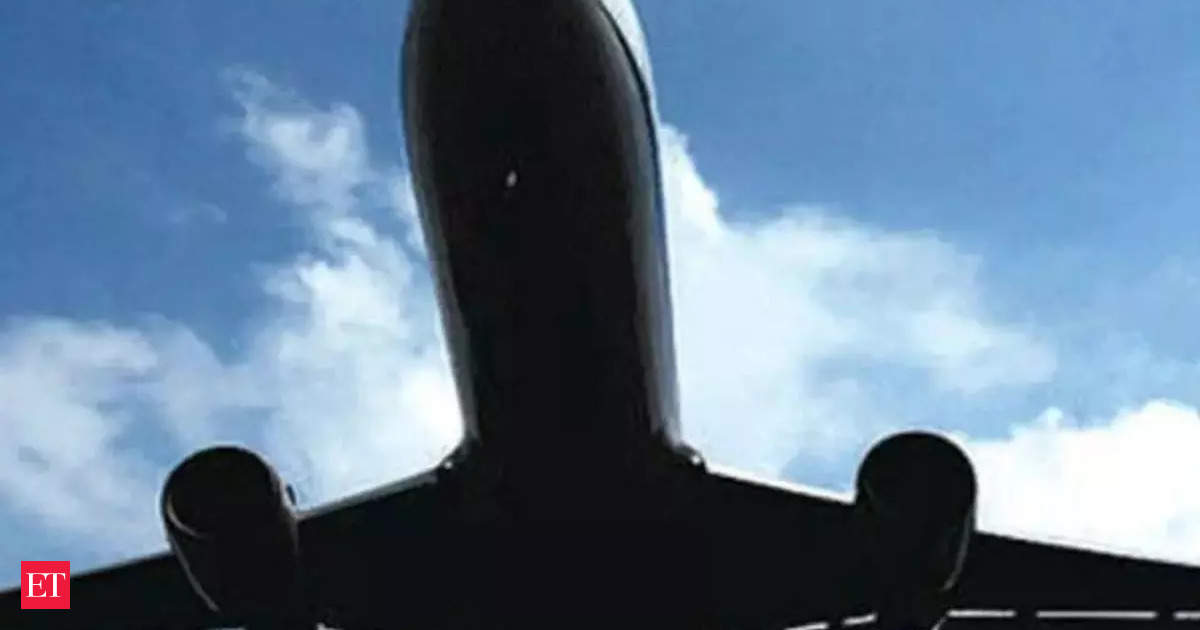The expansion of bilateral rights has been a contentious issue, with Narendra Modi’s government resisting calls to give more access to foreign airlines since he first took office in 2014. This, the government said, is aimed at protecting local airlines, which do not have enough exposure on international routes and would easily be eclipsed by larger global rivals.
The people cited above said the government will soon hold meetings with delegations from Vietnam and Singapore, which have requested an increase in seat quotas on scheduled flights to India, having exhausted the current quotas.
However, Naidu said any discussion on expanding flying rights would be done with a view to preserving the interests of Indian airlines and developing the country as a global aviation hub.
“Some countries have asked us (about bilateral rights). In the coming days, we will meet them,” the minister said. “But our priority will be to develop our aviation hubs. The guiding principle will be to increase the business reach of Indian airlines.”
Flight rights are granted on a bilateral and reciprocal basis. In most cases, in the case of Gulf countries, Indian airlines have not been able to use their quotas, while regional airlines have exhausted theirs.
Increasing traffic
The National Civil Aviation Policy of 2016 stated that unless India’s overall seat utilisation reached 80%, no additional bilateral flight rights would be granted to foreign airlines. However, the government’s move, which is aimed at protecting local airlines, led to a spike in airfares as the surge in demand for air travel outstripped the number of available flights. Singapore’s Transport Minister Chee Hong Tat recently told a publication that the country has proposed liberalising its existing air services pact with India as annual passenger traffic between the two countries had surpassed pre-pandemic levels.
Indian government officials involved in the talks said New Delhi is looking to increase the number of stopover points for foreign airlines. A stopover point is a place in a country where a foreign airline can land or take off, and is negotiated as part of bilateral air services agreements. “There are capitals of states that are not part of air services agreements and as a result, they do not receive international flights. There is a need to change that,” a senior government official said.
Low-cost carrier Scoot, part of the Singapore Airlines group, recently said that it would like to see more cities included in the agreement between the two countries. The current air services agreement between India and Singapore allows connectivity between the city-state and 24 Indian cities, including the six major Indian metropolises. “The agreement between India and Singapore has limitations. It does not include new airports. There are markets that are growing and have potential,” Brian Torrey, Scoot’s managing director for India and West Asia, recently said.
Similarly, India and Vietnam allow 28 weekly departures from metropolitan cities. Vietnamese carriers, including Vietnam Airlines and budget carrier VietJet, have already exhausted their quota by operating 14 weekly departures each.
Disclaimer:
The information contained in this post is for general information purposes only. We make no representations or warranties of any kind, express or implied, about the completeness, accuracy, reliability, suitability or availability with respect to the website or the information, products, services, or related graphics contained on the post for any purpose.
We respect the intellectual property rights of content creators. If you are the owner of any material featured on our website and have concerns about its use, please contact us. We are committed to addressing any copyright issues promptly and will remove any material within 2 days of receiving a request from the rightful owner.

